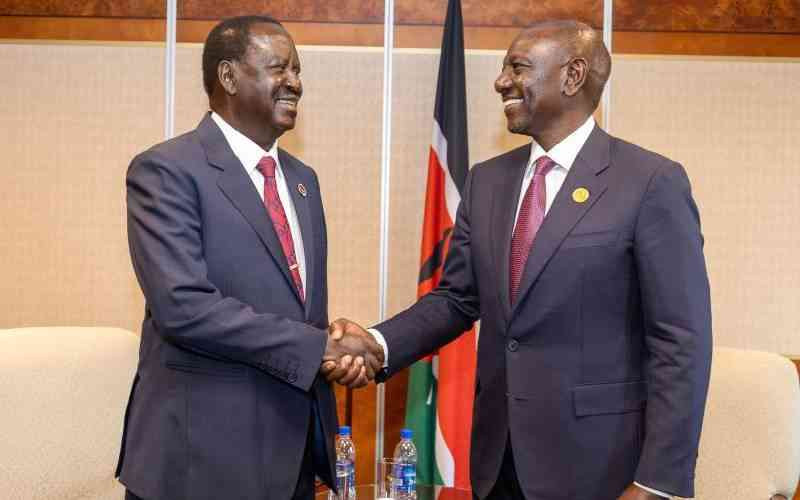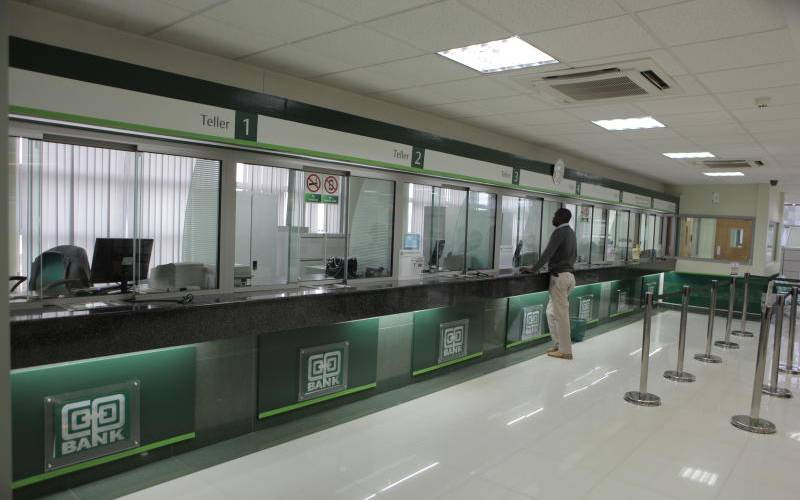Former Chase Bank directors have accused their auditors of professional ignorance that saw the bank pay a heavy price.
The bank claimed that its auditors, Deloitte & Touche, who had been with them for 20 years, abandoned them at the hour of need.
“All the explanations to the auditors fell on deaf ears, and the Central Bank had no option but to place Chase Bank under receivership,” explained the former directors.
In a presentation to legislators, the lender’s former directors said Deloitte & Touche was suddenly not interested in listening to explanations on its Islamic products.
The lender said Deloitte had ample opportunity to discuss and engage in dialogue with members of its board audit and risk committee, the Management and legal advisers (both internal and external) to resolve any contentious issues but this never happened.
It singled out the Islamic Banking product known as Musharakah, which it notes Deloitte had no issue with it in the previous three years but raised queries on the same Islamic Banking product in its latest audit.
In a briefing presented to the national assembly, former directors reckoned that Deloitte insisted on having the Islamic product charged as insider loans as opposed to being a part of other assets. According to the lender, the said properties had been acquired over a period of three years between 2012 and 2015.
Deloitte had not questioned the holding of the properties by the Special Purpose Vehicles (SPVs) during any other audit period and had previously agreed that “beneficial ownership” was vested in the bank.
The lender says its managers emphasised to Deloitte that treatment of the Musharakah assets as loans and advances would be in contravention the principles of Islamic banking and therefore a breach of trust with Islamic depositors and Banking Act.
“It was evident that Deloitte were simply not interested in appreciating the nature and substance of the Musharakah Assets or the principles of Islamic banking,” the former directors said.
The Musharakah Agreements for each of the SPVs clearly showed Chase Bank’s 99 per cent interest in the
Musharakah assets. They statement argued that Deloitte’s insistence on treating this as a normal loan or advance “as professional ignorance”.
After discussions with the Deloitte and the Central Bank of Kenya (CBK), Chase bank’s management was authorised to publish the financial statements on March 31, 2016. This is the set of accounts that had an unqualified opinion.
 The Standard Group Plc is a
multi-media organization with investments in media platforms spanning newspaper
print operations, television, radio broadcasting, digital and online services. The
Standard Group is recognized as a leading multi-media house in Kenya with a key
influence in matters of national and international interest.
The Standard Group Plc is a
multi-media organization with investments in media platforms spanning newspaper
print operations, television, radio broadcasting, digital and online services. The
Standard Group is recognized as a leading multi-media house in Kenya with a key
influence in matters of national and international interest.
 The Standard Group Plc is a
multi-media organization with investments in media platforms spanning newspaper
print operations, television, radio broadcasting, digital and online services. The
Standard Group is recognized as a leading multi-media house in Kenya with a key
influence in matters of national and international interest.
The Standard Group Plc is a
multi-media organization with investments in media platforms spanning newspaper
print operations, television, radio broadcasting, digital and online services. The
Standard Group is recognized as a leading multi-media house in Kenya with a key
influence in matters of national and international interest.



